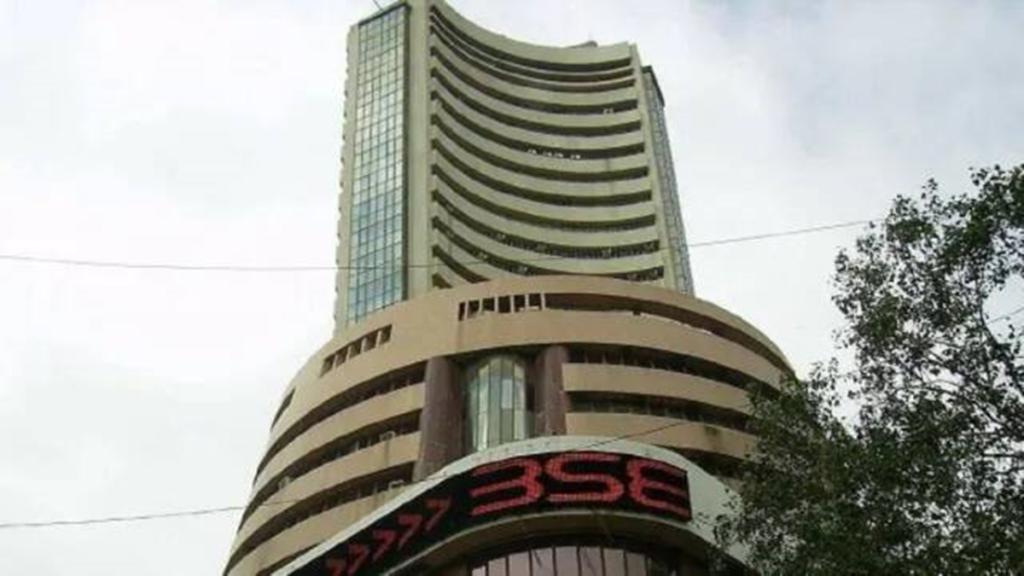The Financial Express
Shares of listed brokerages have slid over the past year amid the volatility in the markets, slowdown in new client additions and moderation in trading activity in the cash segment.
Shares of IIFL Securities and Emkay Global Financial Services have fallen 45% and 43%, respectively, in the past year. Motilal Oswal Financial Services, ICICI Securities, Angel One and 5paisa Capital have seen their shares tumble in excess of 20%. Edelweiss Financial Services is down 14%.
Also read: Share market holidays April 2023: NSE, BSE to remain closed for 13 days this month
The Sensex has shed about 2.5% during this period.
The shift to work from home, increased savings, a sustained bull run and a strong IPO pipeline led to a significant growth in the investor base from April 2020 to March last year. The past few months, however, saw a slowdown in additions of active customers by brokerages amid a wobble in the equities and a host of regulatory diktats, according to market observers.
“Our monthly new account openings are back to March-2020 levels. The mean reversion in new accounts means revenues will also revert to the mean, but with a lag. Trading volumes and stockbroking are extremely high beta and can drop off just as quickly as they go up,” said Nithin Kamath, founder of Zerodha, the country’s largest broker, in a recent tweet.
“Outside observers usually look at headline numbers of trading volumes and assume that broking is a huge opportunity with a large revenue pool that will grow forever. In reality, it’s a cyclical business that tends to revert to the mean,” he added.
Active clients increased from one crore in FY20 to 1.8 crore in FY21 and about 3.5 crore in FY22. However, after reaching a peak of 3.66 crore in June 2022, the count fell and reached about 3.35 crore in January 2023, as a large number of clients onboarded earlier have become inactive.
New client additions in the past two years largely comprised young investors of less than 30 years of age as well as those from tier-II/III cities and beyond. The sentiment of this segment may have taken a hit because of broader consolidation in the benchmark indices, rising interest rates and a decline in public offerings.
Also read: Samhi Hotels IPO: Marriott’s India operator refiles papers for Rs 1000 cr fresh issue, OFS of existing shares
The average daily turnover in the cash segment saw an increase from Rs 43,889 crore in Q4FY20 to Rs 79,182 crore in Q4FY21. However, the trend peaked out as higher margin requirement kicked in, leading to moderation in ADTO to Rs 57,047 crore in Q3FY23, according to a report by ICICI Securities.
Experts believe that the market is unlikely to move up the way it did in 2020. Rich valuations and a slowdown in global growth may limit the upside. BofA Securities expects the Nifty to end CY23 at 19,500, implying a muted but positive returns.
The broking business is also likely to face the brunt of increased regulatory changes. Sebi, for instance, gave its nod to a broad framework for application supported by blocked amount (ASBA)-like facility being made available to investors for secondary market trading.
“In the long term, we expect Sebi to push for mandatory adoption of ASBA for secondary trades, posing a risk to float income for non-bank-owned brokers,” said a note by HDFC Securities.
“However, we believe that stronger fintech discount brokers have levers to offset the loss of float income through a combination of delivery fee, higher intra-day and F&O trading charges and large volume-led discounts from payment gateways.”
Get live Share Market updates and latest India News and business news on Financial Express. Download Financial Express App for latest business news.

